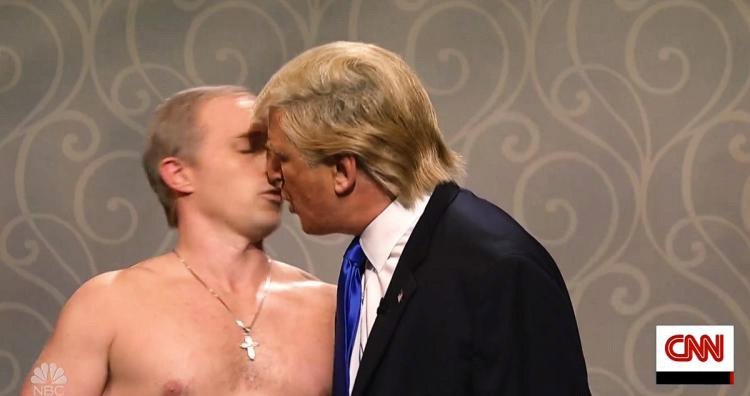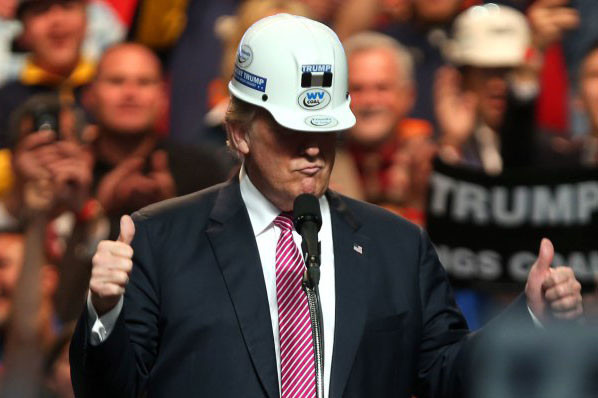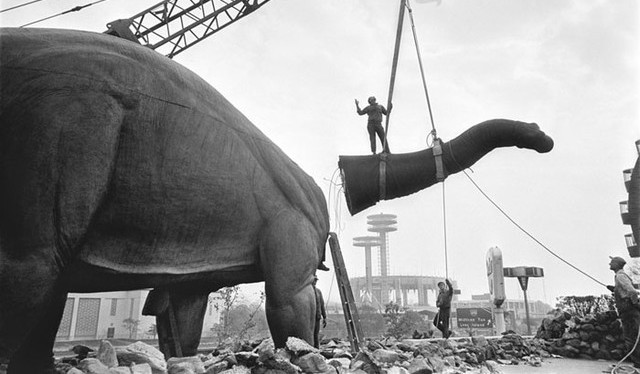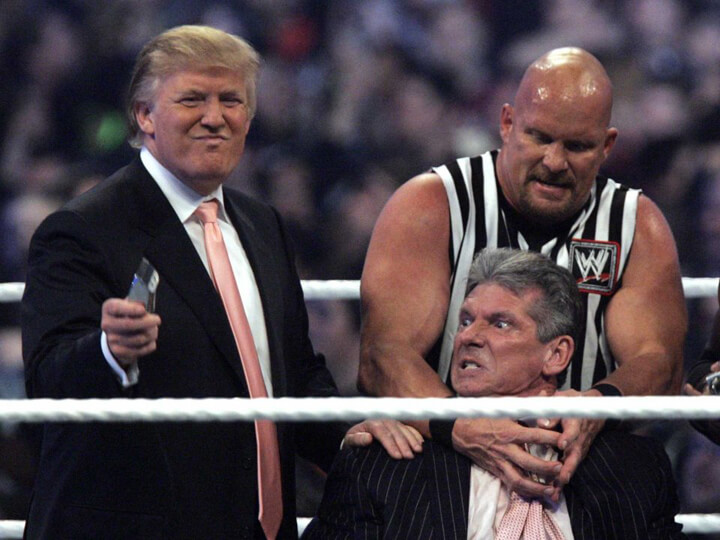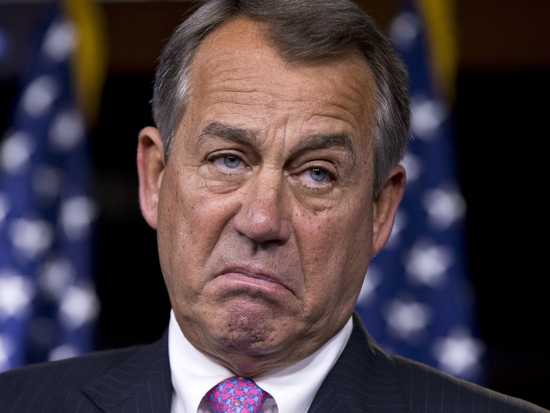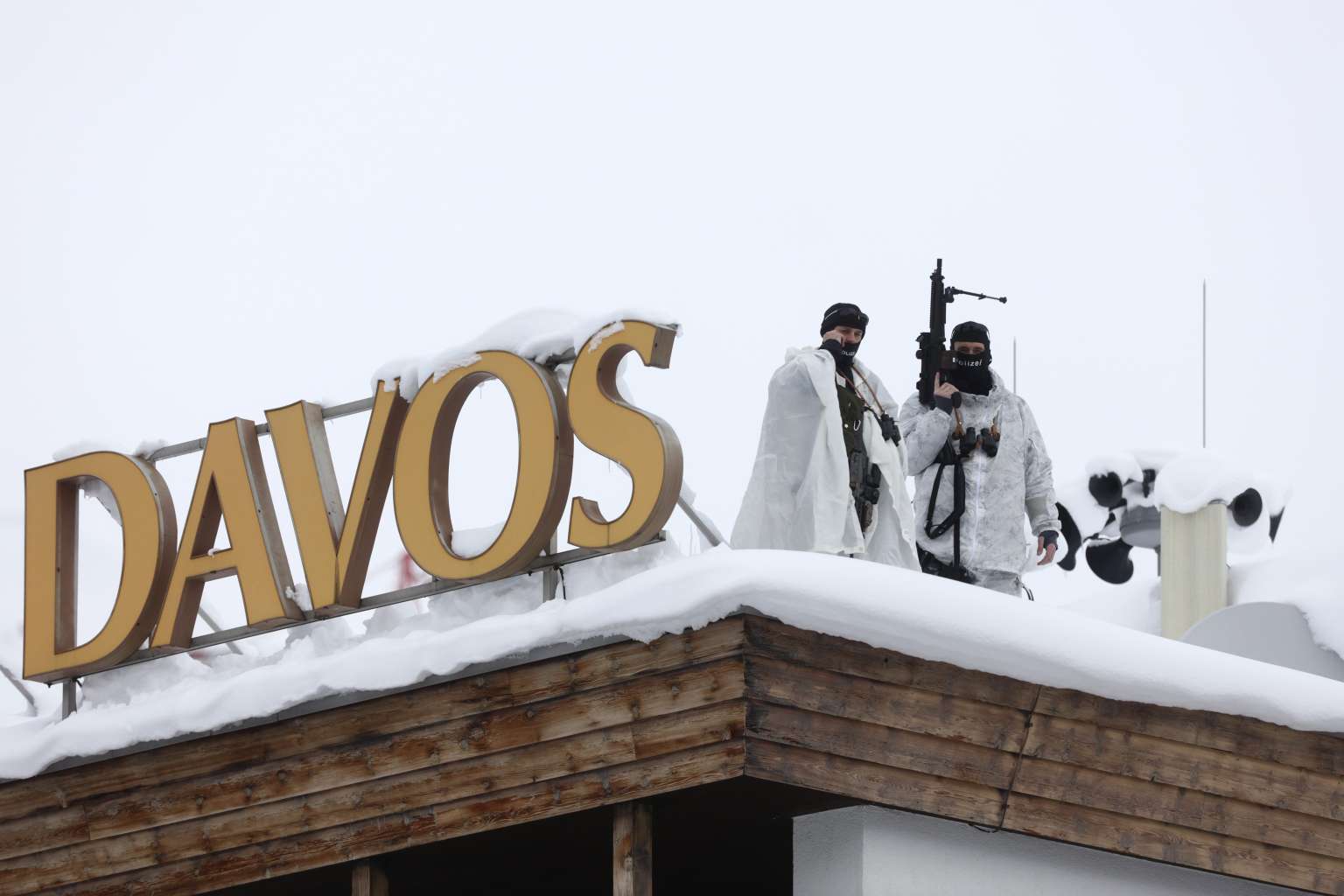 One troubling aspect of globalization is that those not adversely affected by the flow of international trade and actually helped by it (most Americans) are often opposed to a smaller world because of prejudice or some other irrational fear.
One troubling aspect of globalization is that those not adversely affected by the flow of international trade and actually helped by it (most Americans) are often opposed to a smaller world because of prejudice or some other irrational fear.
While financial concerns in the Rust Belt may have put Trump over the top (along with Russian hacking and FBI machinations), the bigoted President’s voters enjoy an overall higher household income than the average U.S. resident. Many were turning the lever for something else, and that was nationalism, which is sadly something most dear to many among us.
In an excellent Five Questions interview, Lawrence Summers discusses the strictly economic repercussions of globalization. He acknowledges that while he thinks the process still works in the big picture, our bumpy ride is just beginning, meaning we’ll need to strengthen “systems of social insurance,” something which seems to not be on the horizon in the U.S. Sooner or later, though, people will tire of bread and Kardashians.
An excerpt:
Question:
Finally, a title from last year. Richard Baldwin’s The Great Convergence (2016). Please give us a precis.
Lawrence Summers:
It’s the newest of the books and it’s a very powerful description of the newest phase of globalization. Two ideas about this newest phase of globalization that Baldwin emphasizes are hugely important.
The first is that we used to think very much in terms of trade in goods—some country exports washing machines, some other country exports dryers. Increasingly, goods are produced with global supply chains. Part of a good is produced in one country, part of a good is produced in another country and assembly takes place in a third country. So trade is part of the production process, whether it takes place within a multi-national corporation or between companies. Trade is part of production through supply chains.
The other idea that is emphasized is the role of trade and globalization in sharing knowledge. Baldwin uses a very powerful analogy. He says it’s one thing for a soccer team in one country to play against a soccer team in another country. It’s a very different thing if the coach in one country starts to coach teams in many countries and therefore promotes convergence. Baldwin argues that the second type of openness may be more problematic than the first. And, increasingly, trade is taking that form.
Question:
Please explain the challenges to politics and economic policy presented by this “great convergence” he describes.
Lawrence Summers:
The challenge is that there are likely to be more winners associated with global convergence, but there are also likely to be more losers and more potential volatility. In this latest stage of globalization, ideas can be traded and support production elsewhere, leading to less identification of entrepreneurship with location. The example I like to give is when George Eastman invented the instamatic camera, he got rich and Rochester, New York, where he founded his company, had a strong middle class for several generations. When Steve Jobs made equally powerful innovations, involving the iPhone and the iPad, the result was that he got very, very rich and there was an increase in the demand for labor globally, primarily in Asia, with no similarly broad increase in local wealth.
Question:
In recent years, you have been sounding an alarm about the role of globalization in contributing to local dislocations and inequality. What caused your worries and what are your solutions for globalization going forward.
Lawrence Summers:
I’ve said, for some years, that global integration won’t work if it means local disintegration. Unfortunately, that proved prescient.•

